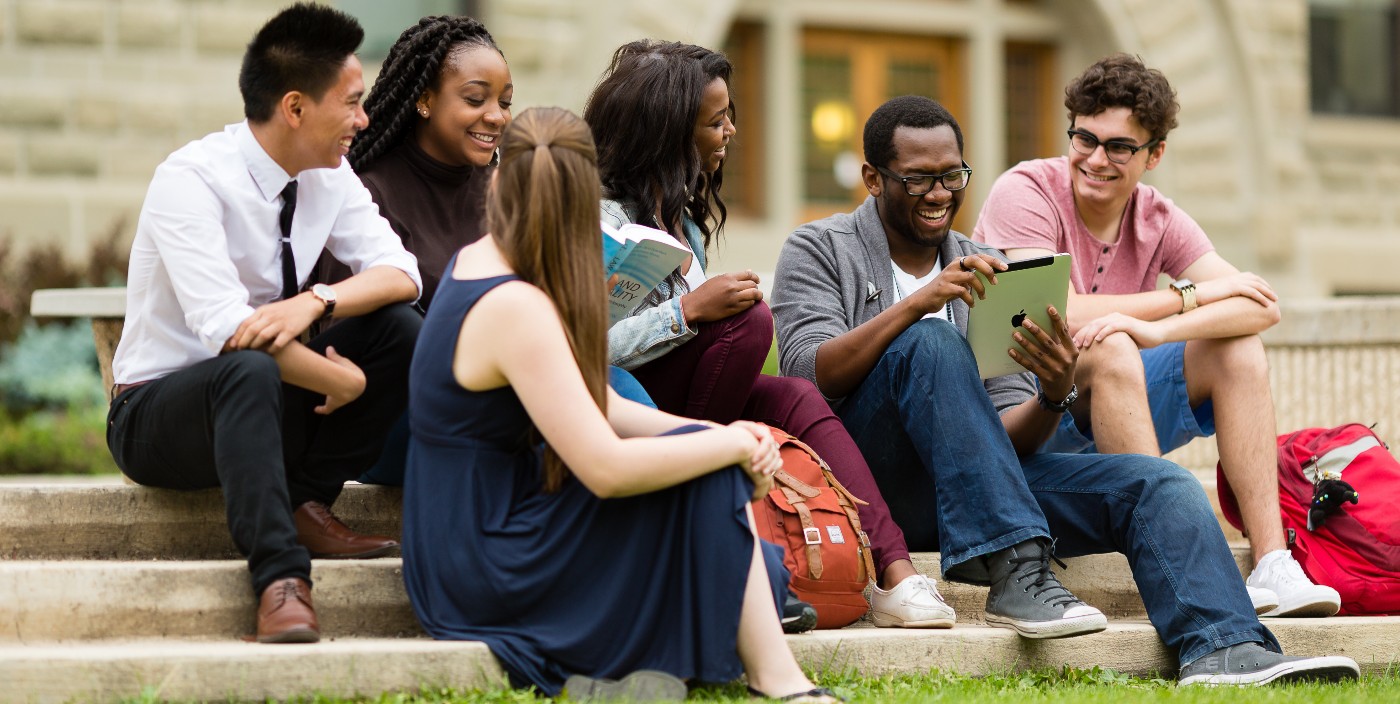More than 40 per cent of international students will defer until they can return on-campus, survey finds
According to a new survey, only seven percent of aspiring international students say they would continue with Australian courses if they’re we fully online, with 43 percent saying they would defer until they could study face-to-face. Most international students have been unable to enter the country under Australia’s COVID-19 border restrictions, with February data from the government showing international student enrolments are down 12 percent at universities. The new survey of more than 6,000 prospective students by recruitment agency IDP Connect suggests international students want face-to-face learning, with 39 percent of respondents likely to switch destinations if they could access it earlier.
Of the respondents looking to study in Australia, 38 percent were willing to start learning online if they could transition to face-to-face learning when the situation allowed, while 11 percent were undecided. Kevin Tanaya, National Secretary of The Council of International Students Australia, said that while many were eager to continue their studies, they believed online learning did not fully replicate the education they paid for.
“They want to study here but feel they need to return to campus,” Mr. Tanaya told SBS News.
“As time goes on, they have begun considering other options because, for many students, online study is not an option or something they can competently undertake for various reasons.” The survey canvassed students’ attitudes toward studying in Australia, Canada, New Zealand, the United Kingdom, and the United States, finding a five percent drop in student confidence since the last study in October 2020.

IDP Education chief executive Andrew Barkla said countries needed to reassure students and outline a roadmap for how and when they would begin on-campus learning.
“Students have shown a real willingness to quarantine and vaccinate and are open to starting their studies online,” Mr Barkla said.
“This flexibility and commitment should be repaid with clear and welcoming policies that acknowledge their enormous contribution to the Australian community.”
Mr. Tanaya urged state governments to follow Victoria’s lead after submitting a proposal to return international students, actions, and other foreign economic migrants to the state under a different hotel quarantine scheme. The IDP study said that while students were prepared to quarantine, most wanted to cover the costs.
Meanwhile, the Morrison government on Friday pledged more than $53 million to support international education providers affected by border closures.
Education Minister Alan Tudge said the measures targeting English language and non-university higher education providers would benefit thousands of domestic and international students and Australian businesses.
The funding includes $26.1 million for an extra 5,000 short course places in 2021-22, so education providers can attract more Australian students, and $9.4 million for a fund offering providers grants to grow offshore and online delivery.
While the February data shows international student enrolments are down 12 percent at universities, 17 percent at non-university higher education providers and 67 percent for English language providers, the government says.
“Our international border closures have been our single best defense in keeping Australians safe from COVID-19 but have meant no new international students coming to Australia,” Mr. Tudge said in a media release.
“International students will be welcomed back when conditions allow, and these measures will support providers to maintain as much capacity as possible.
“Many non-university providers have seen revenue decline sharply, and without some support, they may close or lose serious capacity.”




